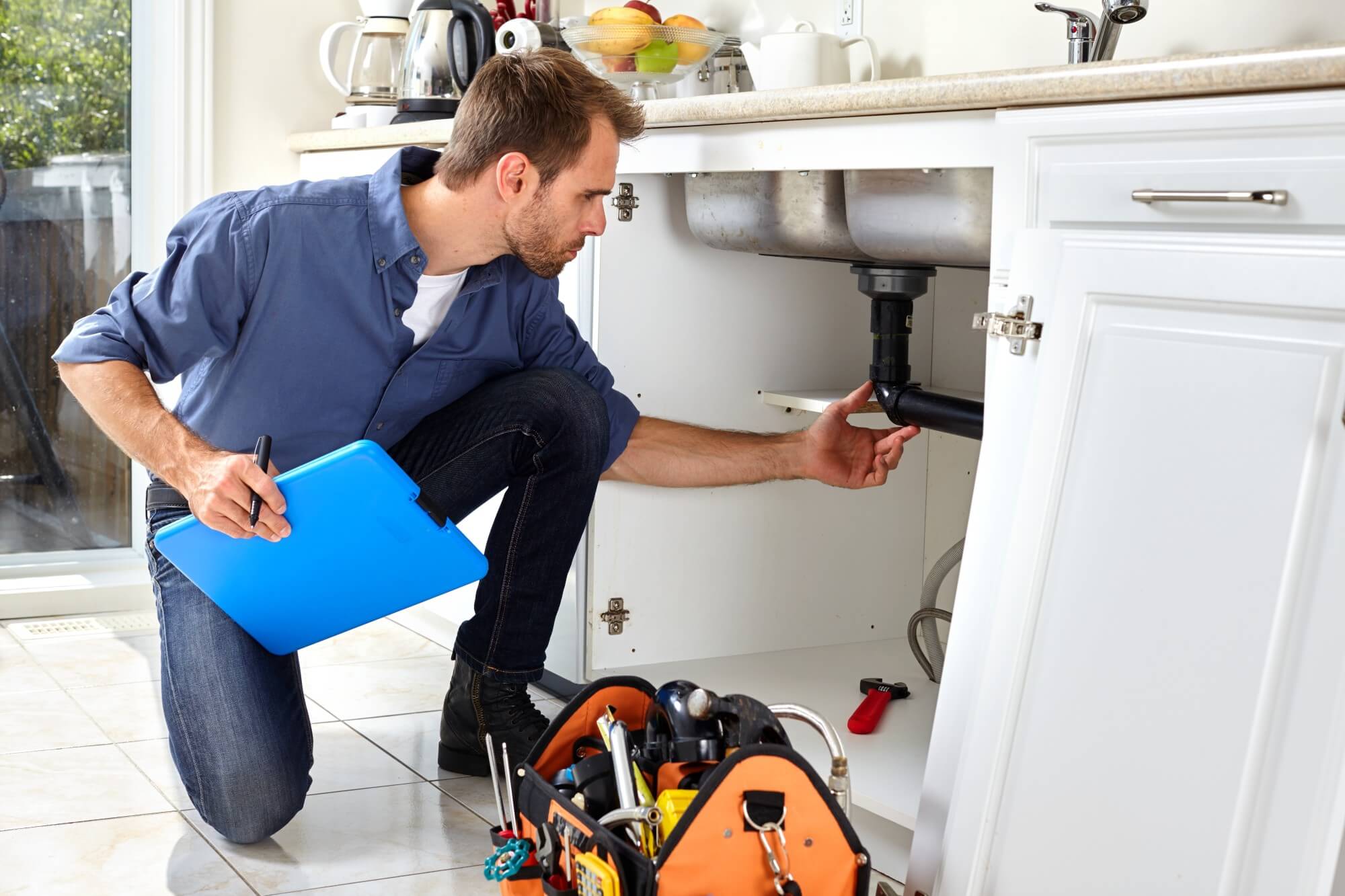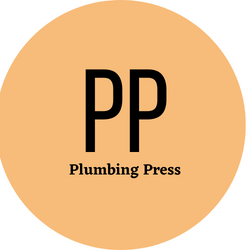Do Plumbers Clear Drains?
by siteadmin

Clogged drains can cause backups that lead to flooding, sewage backflow, and embarrassing odors. Plumbers use a wide variety of tools to clear the drains and sewer lines in homes.
The first tool they might try is a plunger to fix light clogs. If that doesn’t work, they may move on to a motorized drain snake or auger to deal with heavier blockages.
Cost
Most of us take our drains for granted until they become fully or partially blocked. Then, it’s a whole different story: foul smells, slow-draining tubs and toilets, and water that won’t go down are just the beginning. If left unchecked, those clogs can lead to costly damage to your plumbing infrastructure.
Depending on the complexity of your drain clog, plumbers charge a variety of rates for their services. Some jobs require specialized equipment or the expertise of experienced professionals, which will add to the cost of the job. However, many clogs are relatively simple and can be addressed by homeowners with basic tools.
For instance, a sink clog may be solved with a plunger or a can of liquid drain cleaner. More serious clogs, such as those caused by a broken pipe or sewer backup, require professional help to avoid further damages. Similarly, most clogs in bathtubs and toilets can be cleared with a snake tool. A plumbing snake is a long, flexible cable with small, sharp metal blades attached to it that are powered by a motor. The plumber inserts the snake into the affected pipe and uses it to cut and break up the clog.
The average cost to snake a kitchen or bathroom drain is about $250, but it can be more for complex clogs. If the plumber discovers other issues during the snaking process, such as a corroded pipe or a broken fixture, they will charge extra to address those problems.
Another important factor to consider when calculating the cost of plumbing repairs is the amount of time it will take for the plumber to complete the job. The longer the plumber spends at your home, the more it will cost you. This is why it’s best to hire a local plumber for plumbing repairs, rather than trying to do the job yourself or working with an unlicensed individual.
In addition to minimizing labor costs, you can also reduce the price of your plumbing repair by making sure the plumber has an easy time working on the job site. This includes clearing away items beneath the sink or in the crawlspace and tidying up the area so they don’t have to move things around. Additionally, you can save on the overall cost of your plumbing repairs by choosing PEX or CPVC piping over traditional metal piping options. These materials are usually cheaper upfront and are more durable than their metallic counterparts.
Time
Whether it’s a sink that takes forever to empty, or water pooling up in the tub, a clogged drain can be more than just an inconvenience. If left unchecked, it can lead to more serious plumbing problems, including structural damage and health issues. That’s why it’s important to take preventative measures to keep your drains running smoothly.
One of the easiest ways to do this is by pouring baking soda and vinegar down a drain pipe. This creates a chemical reaction that can dissolve and dislodge clogs, especially in kitchen or bathroom pipes. After using the mixture, it’s a good idea to flush the drain with hot water. This helps remove any remaining clog material and prevents future blockages.
For more stubborn clogs, plumbers use various tools to clear them. These can include plungers, drain snakes, augers, or hydro jetting. Hydro jetting uses high-pressure water to clear drains and is often used for more severe clogs that are difficult to break up or locate. Depending on the severity of the clog, it can take up to an hour or more to clear a drain using these methods.
Another common way to clear a drain is by using a plumbing snake, which is a length of tightly wound wire that can be pushed into drain pipes to catch and remove obstructions. These are available for rent at many hardware and home improvement stores, and they’re relatively easy to use. Just make sure to read the directions carefully and wear appropriate safety equipment when operating a plumbing snake.
A final method is by using sulfuric acid, which can dissolve organic materials in the drain and break up clogs. This is a dangerous chemical that requires special handling, but it can be very effective for stubborn clogs. However, it’s important to note that sulfuric acid can corrode the pipes in your home, so it’s always best to call Philadelphia Drain Cleaners to handle this type of job.
Equipment
If you are experiencing a blocked drain, the first thing you should do is call a plumber. You don’t want to try and fix the problem on your own because if you leave it unattended, it could cause further damage to your pipes or even cut off your water supply. A professional plumber will have all the necessary equipment to fix the problem quickly and efficiently.
The main tools that plumbers use to clear clogged drains include plumbing snakes, electric augers, hydro jetting devices, and more. These tools are designed to break down and remove blockages from pipes of all sizes. They can also clean out drain lines and remove tree roots that have grown into sewer pipes. Some of these tools require a high level of skill to use, so it is best left to a professional plumber.
A basic plumbing snake is a flexible rod that can be fed down a drain or pipe to break down and remove blockages. These are available in a variety of lengths and can reach down to the deepest parts of your drain or pipe. Electric augers are similar to plumbing snakes, but they have an electric motor that makes them faster and more effective. Hydro jetting devices are used to clean out drain lines and can be a good choice for heavy-duty clogs, such as those caused by oil or grease.
Plumbers often start their work on a clogged pipe by using video inspection equipment or a drain camera to pinpoint the location and cause of the clog. This eliminates guesswork and can help the plumber determine which tool is best suited to the job. If the clog is too severe for a plunger, it’s likely that it’s a result of a deeper issue in your pipes and will require a different kind of equipment to resolve.
A chemical drain cleaner can be an effective and fast way to clear a blockage, but it’s important to remember that these chemicals are dangerous and should only be used by professionals who know how to handle them properly. If a chemical drain cleaner is used incorrectly, it can cause serious damage to your pipes and even burn your skin.
Experience
One of the most frustrating things you can wake up to is a drain that won’t clear. It can lead to flooding, water damage, and other issues that can be costly to fix. Luckily, plumbers can help you avoid the headache of a clogged drain with their tools and skills. However, this doesn’t mean you should always call a plumber for every drainage problem. In many cases, you can do some of the work yourself with a few simple hacks.
One way to quickly clear a drain is by using a plunger. You can pump the plunger up and down several times to create pressure changes that can dislodge minor clogs in toilets or sinks. However, plunging alone won’t do the trick for deep clogs in your pipes or sewer system.
Another method is to pour a mixture of baking soda and vinegar down your drain pipe. The chemical reaction can break apart some blockages and allow water to flow freely again. This is a quick and cheap solution, but it doesn’t work for all drains.
If you want to try something more effective, you can use a plumbing snake to remove stubborn clogs in your drains or sewer pipes. A plumbing snake is a thick cable with a blade attached to it that turns when the motor is activated. The blade can cut through or dislodge most clogs, but some clog particles might remain in your pipes. These particles could restrict your water flow again later on.
Plumbing specialists also have access to powerful equipment like a hydraulic drain machine, which uses high-pressure water jets to blast away stubborn clogs and debris in your pipes. This can be especially helpful for drains that have been blocked by tree roots or other hard-to-reach obstructions.
Finally, plumbing professionals often use acids to dissolve or break down clogs in the drain pipes. Sulfuric acid is particularly effective because it can break down organic materials into water-soluble substances that can be flushed away easily. Despite its effectiveness, this is a dangerous substance that should only be used by trained and licensed professionals.
Clogged drains can cause backups that lead to flooding, sewage backflow, and embarrassing odors. Plumbers use a wide variety of tools to clear the drains and sewer lines in homes. The first tool they might try is a plunger to fix light clogs. If that doesn’t work, they may move on to a motorized drain…
Recent Posts
- Utah Power Plumbers: The Trusted Name in Provo for All Plumbing Needs
- Keeping Your Water Hot: Essential Water Heater Maintenance Tips in Albuquerque
- Expert Heating, Cooling, And Plumbing Services At Hubbard Mechanical
- Scranton Plumbers Expands Horizon: Premier Plumbing Services Now Available in East Stroudsburg and Pittston, PA
- the Ultimate Choice Among Plumbing Contractors in Lorain, Ohio
